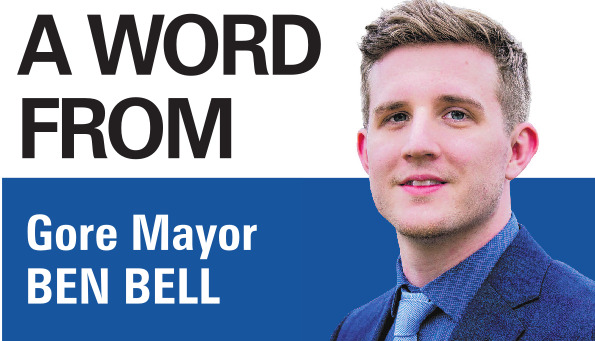
While voter turnout declines across the country, our district continues to buck the trend.
In 2022, the Gore District achieved voter turnout of about 58%, significantly higher than the national average of just 42%. Compare that to Auckland at 38% or Wellington at 39%, and you start to see why our voices carry real weight in local government circles.
But don’t celebrate too early — the contrast with general elections is much gloomier. In 2023 the general election achieved 78% turnout nationally, compared to the local election at 58%. This gap exists despite local government directly affecting our daily lives through rubbish, roads, and water services we all depend on.
General elections are straightforward — show up on election day, tick boxes, done.
Local body elections rely on postal voting, creating multiple barriers. Ballots get lost, people forget them on kitchen tables, and let’s be honest, how many people actually know where their closest mailbox is these days?
Without a physical election day, there’s no focused deadline driving participation.
Perhaps this is where our rural character works for us. In smaller communities, you’re more likely to know your councillors personally, see the direct impact of council decisions, and understand that local politics isn’t some distant abstraction, it’s your neighbour making decisions about issues you discuss at the local cafe.
And for local elections a single vote really does matter. Councillors are often decided by margins that would be unthinkable in general elections; sometimes it even comes down to a coin flip to make the final decision.
So as we head into election season, I encourage everyone to engage with the process, attend candidate meetings, ask questions about local issues, and most importantly, vote. Democracy isn’t a spectator sport — it requires participation from all of us to function properly.
Our strong voting tradition in this district isn’t just a statistic to be proud of; it’s a responsibility to maintain and a legacy to pass on to the next generation.










